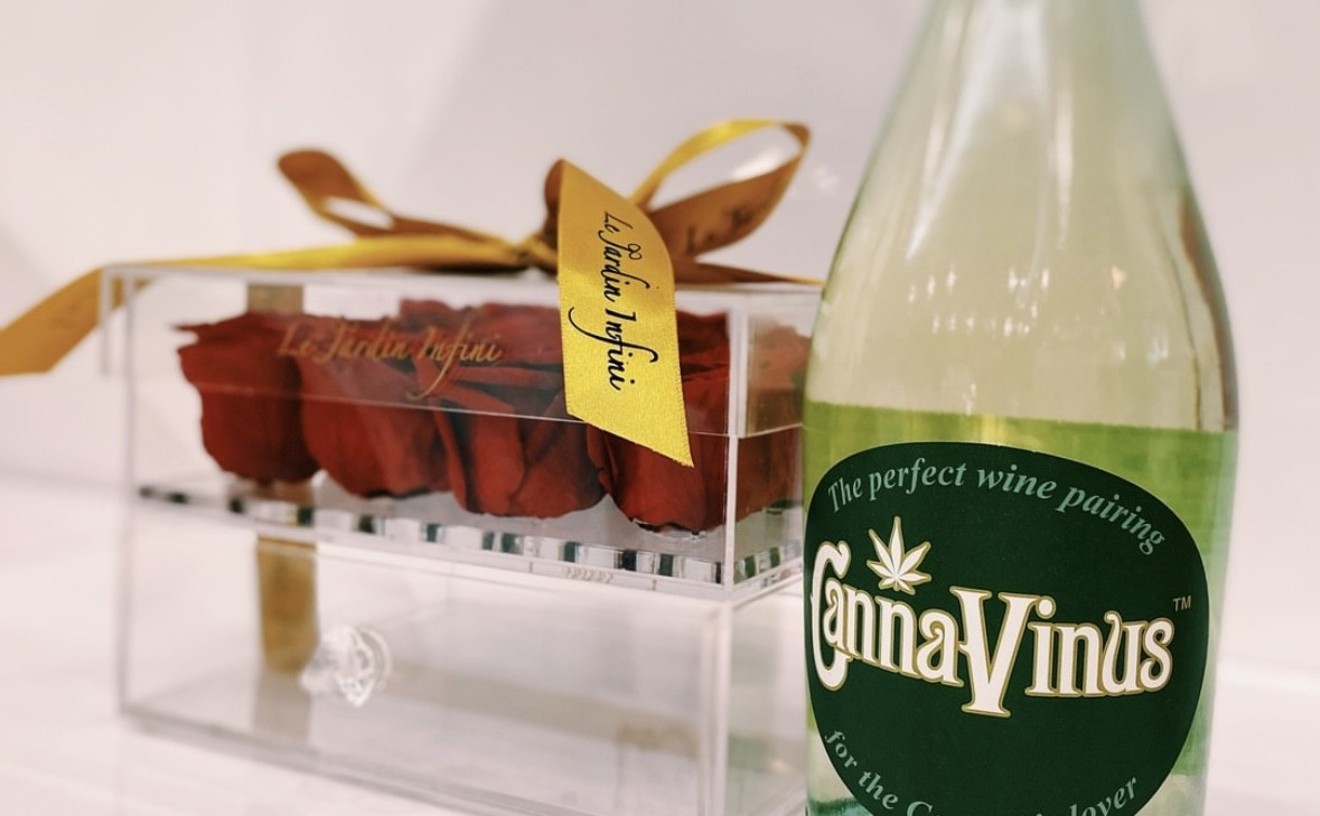The last time Jeff Dockeray was in South Florida, he watched his prized New Orleans Saints win the Super Bowl in 2009. While Doc, as he likes to be called, basks in the glory of his team winning the most important football game ever, he also remembers the tailgaters.
"There isn't a lot of space down there," Doc says, referring to Sun Life Stadium. "It's tough with the traffic and it's kind of cramped. You need more room."
Doc is a professional tailgater. That's right -- your Sunday hobby is his full time job. It started out as fun for 20 years until he decided to make a career out of it for the last 10.
I always thought being a professional tailgater would be like playing on Facebook: you do it a lot, but no one would ever pay you for it... would they?
Clean Plate Charlie caught up with Doc, and he told us what it takes to triumph during a pre-game gather, and how to make it a lifestyle.
Clean Plate Charlie: How does one become a "professional" tailgater?
Jeff Dockeray: My "professional" background is "recreational and leisure studies." [laughs] I was in the food industry before I got into the tailgating business. Food is love. Eventually, I moved into the $20 billion tailgating industry.
Earlier this month, you released a list of the Top Tailgating Products of 2012. What happened to good ol' fashioned burgers and hot dogs?
There's a culture in tailgating. The bigger the culture, the bigger the swagger. People are now bringing $20,000 smokers to games. It ups the ante.
South Florida doesn't have anything that makes us stand out during pre-game celebrations. How can we change that?
Thirty-seven percent of the country tailgates in the Southeast. It falls off in Orlando. The University of Miami is a big school, but not a big tailgating school. When you get up to Gainesville, it's a top Five traveling destination for RVs. When you get into the Panhandle, Georgia, Louisiana, there's a core barbecue culture there. South Florida doesn't have that. You need more room. And you need to enhance and encourage culture. South Florida is very vibrant and diverse in ethnicity. I'd be more encouraged to see ceviche than hot dogs.
What are your three absolute bare essentials for tailgating?
I'm a chef, so I need comfort. I tend to tailgate for a long time, a minimum of six hours. So Strongback chairs are great - they go everywhere with me. For cooking utensils, Enviro-Log Firestarters burn perfect. The Gatemate toolbox is like a large fish and tackle box for all the grilling utensils. It's a great space-saving measure.
Wait you tailgate for a minimum of six hours?! The gates at Sun Life Stadium only open four hours before games.
Some places are worried tailgating will take away from the game. People get into the camaraderie and the culture of it that when 12:30 comes around, they're like 'We gotta get into the game!' But it doesn't take away from it. It enhances it. I like to take my time cooking and preparing the meals.
Where is the best tailgating place you've visited?
The NCAA has the most vibrant tailgating culture and it's the most decentralized. There are 32 teams in the NFL, but hundreds of colleges and universities. The best place I've ever been is Penn State. There's a broad range of students, alumni, and community members. You get a real cross-culture there. Saturday morning tailgating is a tradition.
Follow Dori on Twitter.
Follow @ CleanPlateBPB










